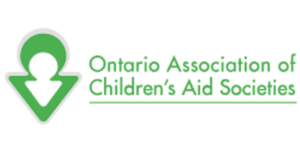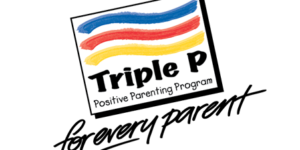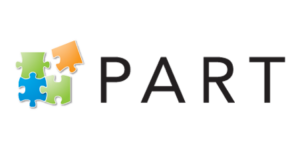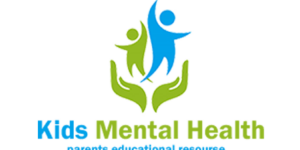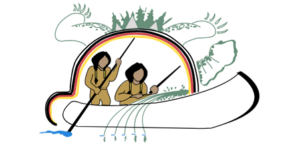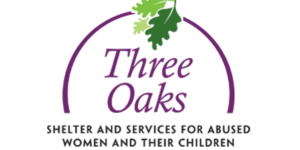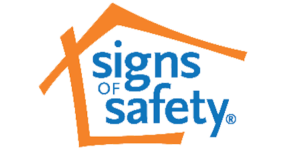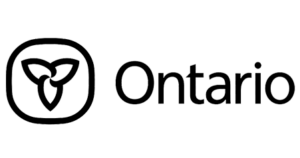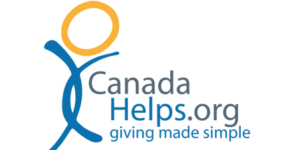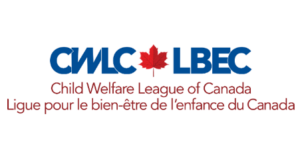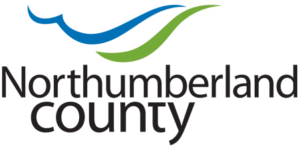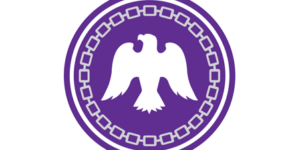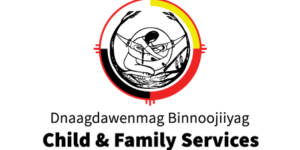Thursday, June 21 is National Indigenous Peoples Day. This special day provides us with an opportunity to recognize and celebrate the cultures and contributions of the First Nations, Inuit and Métis Indigenous peoples in Canada. Although these groups share many similarities, they each have their own distinct heritage, language, cultural practices and spiritual beliefs.
In recognition of this day, prior to holding its regular monthly Board meeting in Bancroft this evening, Highland Shores Children’s Aid (HSCA) and the Métis Nation of Ontario are hosting a workshop at the Faraday Community Centre in Bancroft entitled “Planting Seeds for Understanding and Change”: A Hands-on Approach to Learn about Historical Trauma Impacting Indigenous Communities. During this presentation participants will have the opportunity to step into a role which will give them a better understanding of what it might have felt like living in Indigenous communities before and after the arrival of Europeans. The workshop will take place from 6 p.m. to 8 p.m. with the public Board meeting to follow.
On the morning of June 21st, Highland Shores Children’s Aid will be showing, Gord Downie’s “The Secret Path” for staff at each of its offices and serving homemade bannock. Staff will also be encouraged to view materials related to the four directions teachings: http://www.fourdirectionsteachings.com/main.html
The path towards reconciliation is a long one but progress is being made. At the local level Highland Shores Children’s Aid is privileged to have collaborative working relationships with both the Mohawks of the Bay of Quinte, which includes a Memorandum of Understanding, and Alderville First Nation which includes a protocol. We are also honoured to have appointees to the Society’s Aboriginal Advisory Committee from both these communities. Our work together includes listening to one another, focusing on strengthening families and above all collaborating to meet the needs of children. Despite historical and current challenges we are celebrating the progress that has been made locally to date and our plans to continue to move forward in the future. The goal is to achieve together, an inclusive circle of care that keeps children safe and families supported.
On the provincial level, on June 6, 2017, the Ontario child welfare sector unanimously agreed to prioritize Reconciliation with Indigenous communities through nine key commitments. Since that time, Highland Shores Children’s Aid and CASs across Ontario have been working on making progress with these commitments to:
- Reduce the number of Indigenous children in care.
- Reduce the number of legal files involving Indigenous children and families.
- Increase the use of formal customary care agreements.
- Ensure Indigenous representation and involvement at the local Board of Directors.
- Implement mandatory Indigenous training for staff.
- Change their inter-agency protocol to include Jordan’s Principle as a fundamental principle.
- In consultation with the Indigenous communities, develop a unique agency-based plan to better address the needs of the children and families from those communities
- Continue to develop relationships between their agency and the local Indigenous communities
- Assist those individuals wanting to see their historical files by accessing and providing the information they request.
Another important step in the reconciliation process and a priority of the Truth and Reconciliation Commission is the restoration of jurisdiction for the provision of child welfare services. Over the past several years Dnaagdawenmag Binnoojiiyag Child and Family Services (DBCFS) has been moving through the designation process to become a mandated Child Welfare authority. Their designation is scheduled to take place in the fall of this year which will mean that child welfare services for many Indigenous families in the counties currently served by Highland Shores Children’s Aid will be looked after by DBCFS in consultation with their Indigenous communities.
The new provincial Child, Youth and Family Services Act, which fully came into effect in April of this year is another step forward along this path. The Act acknowledges that systemic racism and colonialism have played a role in the child welfare system for Indigenous people. As a result, one of the key goals of the Act is to make services more inclusive and culturally appropriate for all children, youth, and families.
Part of the healing process also involves reconciling what took place during the “Sixties Scoop”. Between 1951 and 1991, thousands of Indigenous children were taken into care and placed with non-Indigenous families where they were not raised in accordance with their cultural traditions nor taught their traditional languages. The Federal Government of Canada and certain survivors of the Sixties Scoop have reached a settlement of class action lawsuits that provides compensation for certain survivors of the Sixties Scoop. The settlement must be approved by the courts. You can get more information about the Sixties Scoop lawsuit and proposed settlement here: https://www.sixtiesscoopsettlement.info/ and here: https://highlandshorescas.com/images/ClassAction-BehalfofCrownWards.pdf or by calling Highland Shores Children’s Aid at 800-267-0570. We are here to help.
All of these steps are important but represent only the beginning of the long journey. At Highland Shores Children’s Aid we will continue to work on strengthening our existing relationships and forging new ones with our Indigenous partners as we work together to better the lives of children, youth and families.


